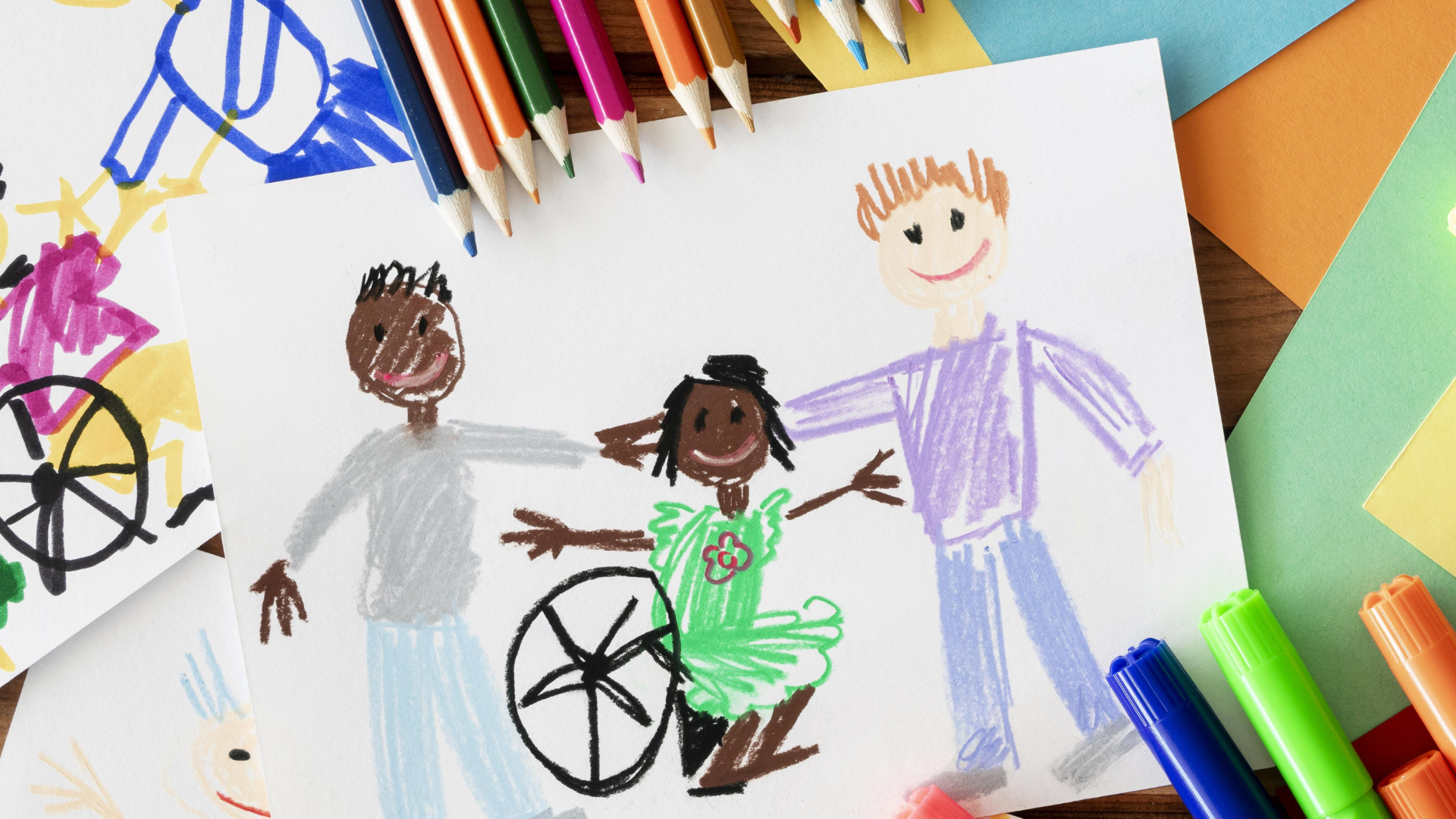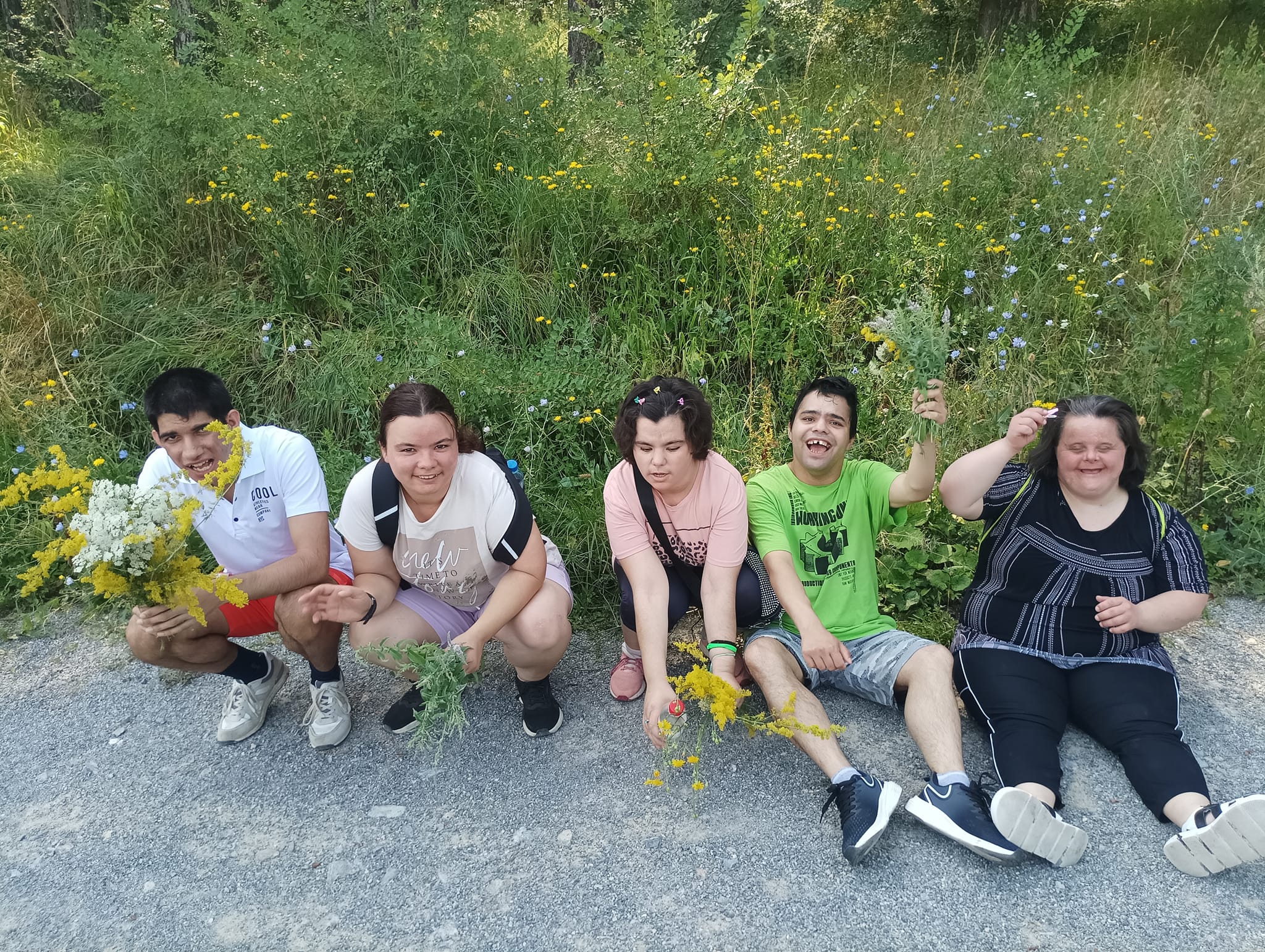From institutions to homes: Supporting families of children with disabilities
Ahead of the European Day of Persons with Disabilities Conference, Eurochild individual member Francesca Stuer shares her work to support families of children with disabilities to ensure they receive care at home, moving away from the historical reliance on institutional care.
I am an independent consultant specialising in providing expert guidance to national governments and civil society organisations on child protection, social service system strengthening, and safeguarding. As a member of Eurochild, I aim to foster cross-learning among members and contribute to EU-level efforts to uphold child rights, care, and protection. My expertise spans care reform, family-based alternative care, family strengthening, positive parenting, and enhancing the social service workforce.
In the context of both care reform and parenting support, my focus is on building capacities and improving services to ensure that children with disabilities receive high-quality, nurturing care within their own families. Last year, I led a project conducting a situation analysis of early childhood interventions (ECI) in Moldova. This involved identifying evidence on national strengths, key needs, and opportunities to establish sustainable ECI programmes for children aged 0-3 with developmental challenges.
As a senior associate with Maestral International, I work with a globally recognised team of experts dedicated to strengthening child protection systems to ensure all children, particularly the most excluded, live free from violence, abuse, neglect, and exploitation. Our mission is to prioritise children and support their care in safe, nurturing families and communities.
Currently, I am working with Maestral to support UNICEF Ukraine and key government and NGO partners to enhance the child protection system, aligning with Ukraine’s EU accession efforts. This includes building capacity for the swift implementation of evidence-based interventions at local levels, with a vision for national scale-up. A key priority is supporting families of children with disabilities to care for them at home, moving away from the historical reliance on institutional care by decentralising services to the community.
As a member of Eurochild I wish to contribute to linking care reform efforts and partners in Ukraine and Moldova to Eurochild members with relevant expertise for twinning and experience-sharing opportunities.
I hope for a swift end to the war in Ukraine, so that the reconstruction can drive comprehensive care reforms, ensuring all children, including those with disabilities, grow up in nurturing family environments, contributing to a better future for the country.
For further information, please contact Francesca Stuer, Eurochild Individual Member.





